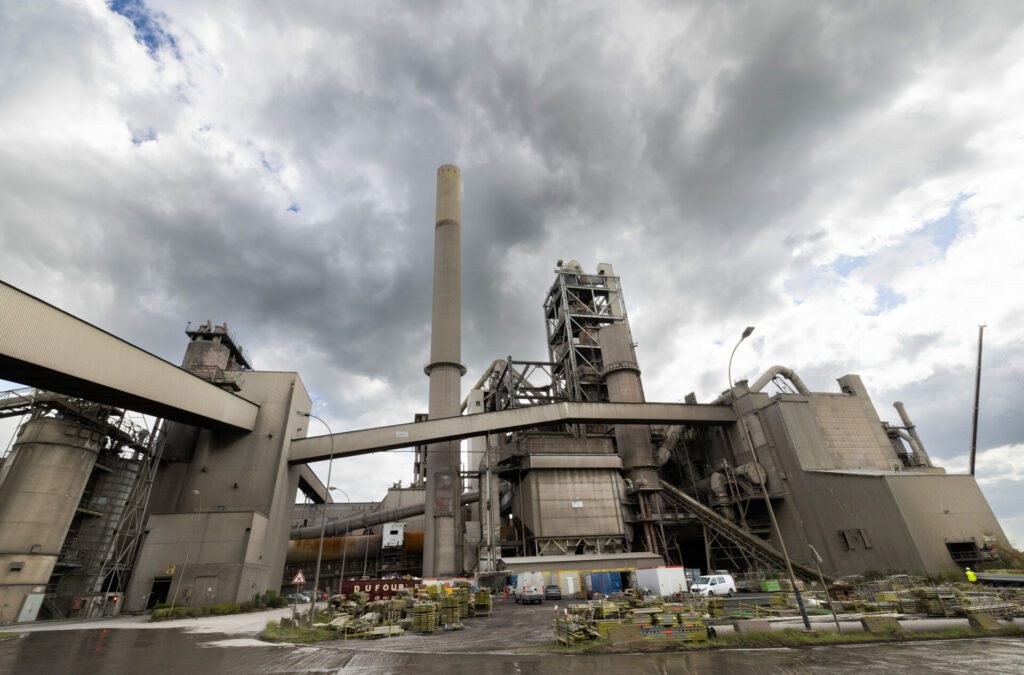Carbon dioxide (CO2) emissions from major industries and aviation in Belgium have seen their biggest drop since the financial crisis. The decrease is largely driven by high energy prices and weak demand.
The CO2 emissions from major industries and aviation fell by more than 10% last year. Belgium's large, energy-intensive companies emitted 36.46 million tonnes of greenhouse gases in 2023, down by 4.26 million tonnes from 2022.
This marks the biggest drop since the financial crisis in 2009 and the lowest level since emissions trading was introduced in 2005, De Tijd reported on Friday based on the latest update of the greenhouse gas register. The drop was even more pronounced at the European level, at 15.5%.
280 Belgian polluters
In Belgium, more than 280 industrial plants and power stations are covered by the European Emissions Trading Scheme (ETS). The pollution by these companies is measured in CO2 equivalents, which allows all greenhouse gas emissions to be compared in total.
Affected companies are large cement and steel producers, chemical plants, refineries, power plants and airlines that operate intra-European flights. Combined with intra-European flights, these account for some 40% of all CO2 emissions in Belgium.
These operations must pay an allowance for every tonne they emit, which is logged in the greenhouse gas register. The system is designed to encourage industries to be more sustainable and adopt less polluting practices where possible.
The aviation sector did see its emissions increase by one million tonnes of CO2 (+4.58%), which includes European flights under Belgian control. This was little surprise, as 2023 marked a solid rebound for aviation tourism.
Related News
- Brussels Airlines faces EU sanctions for 'misleading' greenwashing claims
- Harnessing the winds of change: The battle for Belgium's green energy shift
The drop in emissions is largely due to problems facing Belgian industry. High energy prices and weak demand caused many industrial companies to scale down production. Electricity consumption was at the lowest level since the turn of the century, while production was at the lowest level since 2018.
This was particularly evident in the chemicals sector, where production capacity dropped to its lowest level ever.
However, this is also due to companies becoming more energy-efficient in their production. Production in the chemicals, plastics and pharmaceuticals sectors increased by 77% since 2004, but their greenhouse gas emissions remained stable.

